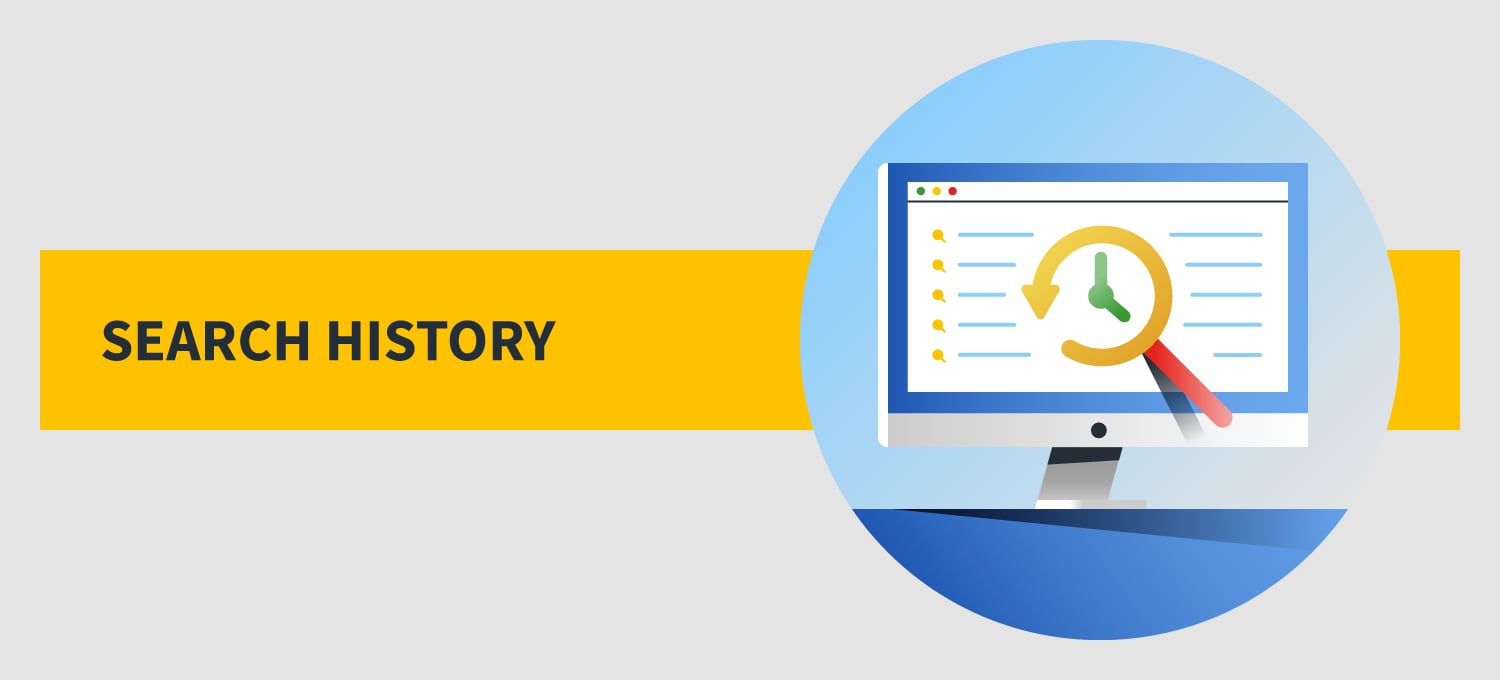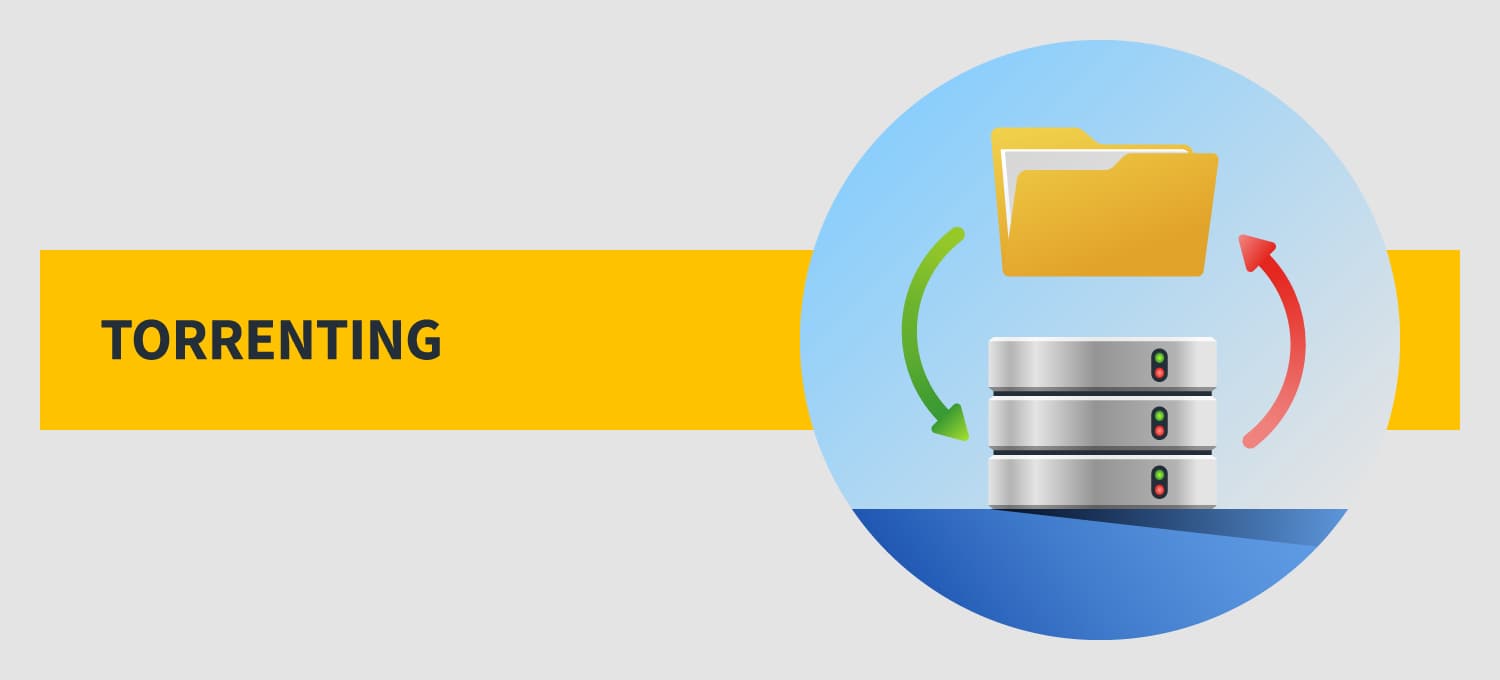If Signed Into a Vpn, Is My Online Activity Still Tracked and Associated With My Account

A virtual private network (VPN) can hide a user's internal protocol address (IP address) and block their location and browser history, allowing them to share and receive information on public internet networks more privately.
Whether you're searching something online or communicating via social media, you're leaving digital footprints in the form of your browsing history, cookies, and cached data.
Your Internet Service Provider (ISP), the government, and other third parties can track what you search, visit, and download.
Even if you use a private browsing mode, your IP address can still be collected.
When you download and enable a VPN prior to browsing, a VPN can offer online privacy and increased security by helping hide your online identity and encrypting your traffic. Hackers and third parties will only be able to see the IP address of the remote VPN. This prevents them from accessing your location, browser history, or the personal information you may have sent or received during that browsing session.
Here are the seven main things that a VPN hides:
1. Search History
You can clear your cookies and search history from your browser. But chances are your ISP has recorded the websites that you've visited. VPNs can hide your search history and other browsing activity, like search terms, links clicked, and websites visited, as well as masking your IP address.


Try Norton 360FREE 30-Day Trial* - Includes Norton Secure VPN
30 days of FREE* comprehensive antivirus, device security and online privacy with Norton Secure VPN.
Join today. Cancel anytime.
*Terms Apply

Can you truly remove your search history?
No. You're removing the file references from your directories, but your operating system won't simultaneously erase this data. It only moves the information to a special area on your Mac or PC's hard drive.
If you use a VPN each time you browse, third parties will only be able to see the IP address of the remote VPN. This disables them from pinpointing your location, ISP and, potentially, other personal information.
2. IP Address
Your IP address identifies your device on the Internet or a local network. It's the key data that connects you to your location, ISP, and web search history.

IP addresses can share sensitive information about you that includes your physical location such as your city, state, ZIP code, and country. It can trace back to your home ISP, which could reveal your name, home address, phone number, and credit card numbers.
Instead of sending information directly from your IP address, the VPN server's IP address is associated with your activity.
For example, if your VPN service provider has servers around the world, you could appear to be connecting to the internet from a different country.
3. Medical Diagnosis and Health Conditions
Medical providers often operate through private client portals. The Health Insurance Portability and Accountability Act (HIPAA) has set standards in the exchange of protected health information (PHI). This is the diagnosis, procedures, and counsel between doctors, clients and medical facilities.

HIPPA requires healthcare facilities to operate on private networks. These secured portals encrypt your medical information from outside parties. VPN networks allow medical professionals and patients to safely access confidential medical information untampered.
4. Travel accommodations
Travel and airline websites associate the information that you're researching with your IP address. When you visit online travel booking websites multiple times to find better deals, a cookie has likely already locked into a price.

A cookie is data sent from a user's computer to a website. They can identify your past travel searches, online profiles, all the way to your home address. Any action like clicking on a link can trigger an "event." Marketers use analytics tracking tools to track website traffic and user behavior. It only takes a short amount of time for advertisers to bombard you with retargeting ads.
VPNs can block tracking technologies, allowing you to search travel websites anonymously and avoiding advertisers altogether.
5. Geolocation
We already mentioned that your IP address can identify your geolocation. Browsers and websites use this information to map web traffic from different cities, states, and countries.

For example, when you use Google Maps, you must enable your phone to detect your location. Websites use the same technology.
One side benefit of using a VPN is known as geo-spoofing. This means a VPN "fools" websites and other online services into thinking you're in one location when you're really in another.
This could provide access to geo-restricted services or help save money while doing online shopping. But remember to always check your service agreement rules and observe government laws and regulations.
6. Personally identifiable material
A VPN can hide your online identity by masking your IP address. It encrypts your location and the data you send and receive, helping protect your personal identifiable information (PII). This data can come in the form of your bank information, as well as Social Security and driver's license numbers. If a hacker gains access to your computer, your PII is could be vulnerable via audio files, messages, and passwords.

Even secure websites can become vulnerable to cyber-attacks. Using a VPN network can increase your protection when you go online, from hackers and cyber thieves.
7. Torrenting
BitTorrents (torrents) are metadata files and folders that are shared and downloaded between users on a network. This gives users access to movies, music, and other forms of media content.

Though torrenting isn't illegal, downloading copyrighted material like movies or songs is a violation. Since your ISP can track your activity, so can the government. Using a torrenting service without a VPN can sometimes lead to warning letters or even hefty fines from the government.
Even if performed legally, torrenting can be dangerous. Downloading unknown files can result in you downloading malware. These viruses can infect your computer and corrupt your files. VPNs can prevent online peers from seeing your IP address, which could help prevent hackers from singling you out.
How to choose a VPN
When choosing a VPN, consider your needs for the device. User-friendliness, speed, secure encryption, and price are all important factors to examine. You also want reliable customer service, should anything out of the ordinary occur.
Consider using a secure VPN network that provides powerful protection and is capable of connecting other devices in your home. Research online reviews, but be careful of sites that promote affiliate websites. You can also talk to your tech-savvy friends and get their insight on recommended products.
Most importantly, when purchasing a VPN, it's best to buy from a software company that you trust. So, no matter where you are, you can search the internet knowing that your connections are safer.
Related VPN Articles

Try Norton 360FREE 30-Day Trial* - Includes Norton Secure VPN
30 days of FREE* comprehensive antivirus, device security and online privacy with Norton Secure VPN.
Join today. Cancel anytime.
*Terms Apply

Editorial note: Our articles provide educational information for you. NortonLifeLock offerings may not cover or protect against every type of crime, fraud, or threat we write about. Our goal is to increase awareness about cyber safety. Please review complete Terms during enrollment or setup. Remember that no one can prevent all identity theft or cybercrime, and that LifeLock does not monitor all transactions at all businesses.
Copyright © 2021 NortonLifeLock Inc. All rights reserved. NortonLifeLock, the NortonLifeLock Logo, the Checkmark Logo, Norton, LifeLock, and the LockMan Logo are trademarks or registered trademarks of NortonLifeLock Inc. or its affiliates in the United States and other countries. Firefox is a trademark of Mozilla Foundation. Android, Google Chrome, Google Play and the Google Play logo are trademarks of Google, LLC. Mac, iPhone, iPad, Apple and the Apple logo are trademarks of Apple Inc., registered in the U.S. and other countries. App Store is a service mark of Apple Inc. Alexa and all related logos are trademarks of Amazon.com, Inc. or its affiliates. Microsoft and the Window logo are trademarks of Microsoft Corporation in the U.S. and other countries. The Android robot is reproduced or modified from work created and shared by Google and used according to terms described in the Creative Commons 3.0 Attribution License. Other names may be trademarks of their respective owners.
No one can prevent all identity theft or cybercrime. Not all products, services and features are available on all devices or operating systems. System requirement information on norton.com.
*Important Subscription, Pricing and Offer Details:
- The price quoted today may include an introductory offer. After that, your membership will automatically renew and be billed at the applicable monthly or annual renewal price found here.
- You can cancel your subscription at my.norton.com or by contacting Member Services & Support. For more details, please visit the Refund Policy.
- Your subscription may include product, service and /or protection updates and features may be added, modified or removed subject to the acceptance of the Customer Agreement.
The number of supported devices allowed under your plan are primarily for personal or household use only. Not for commercial use. If you have issues adding a device, please contact Member Services & Support.
§ Dark Web Monitoring in Norton 360 plans defaults to monitor your email address only. Please login to the portal to review if you can add additional information for monitoring purposes.
If Signed Into a Vpn, Is My Online Activity Still Tracked and Associated With My Account
Source: https://us.norton.com/internetsecurity-privacy-how-a-vpn-can-help-hide-your-search-history.html
0 Response to "If Signed Into a Vpn, Is My Online Activity Still Tracked and Associated With My Account"
Post a Comment